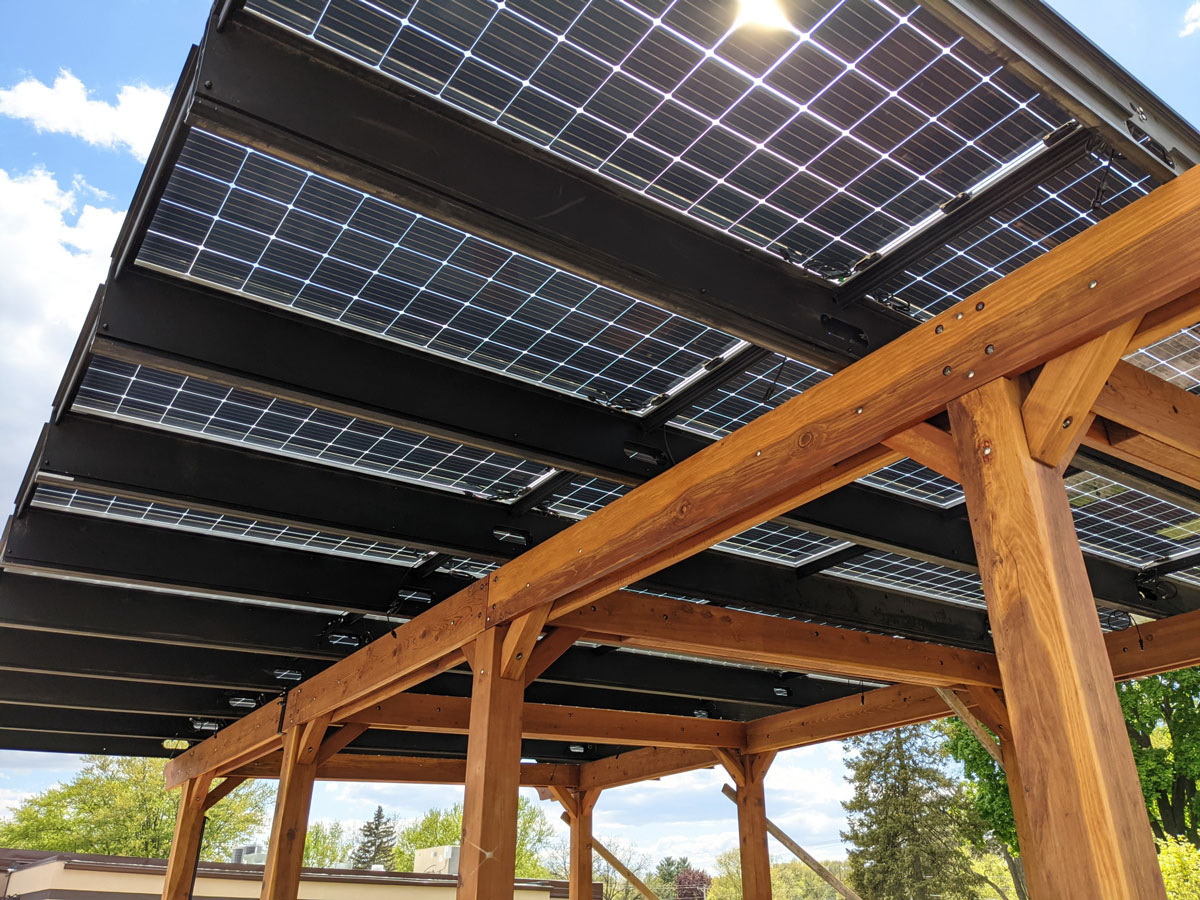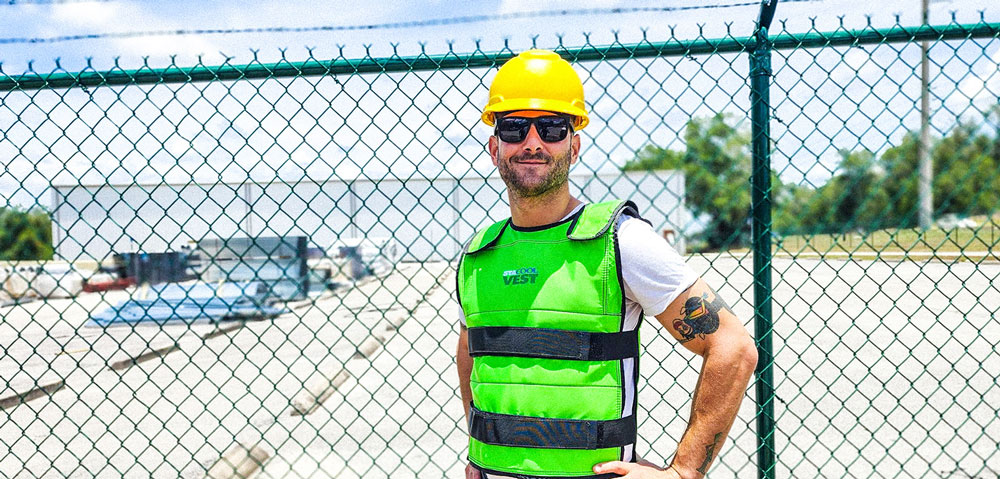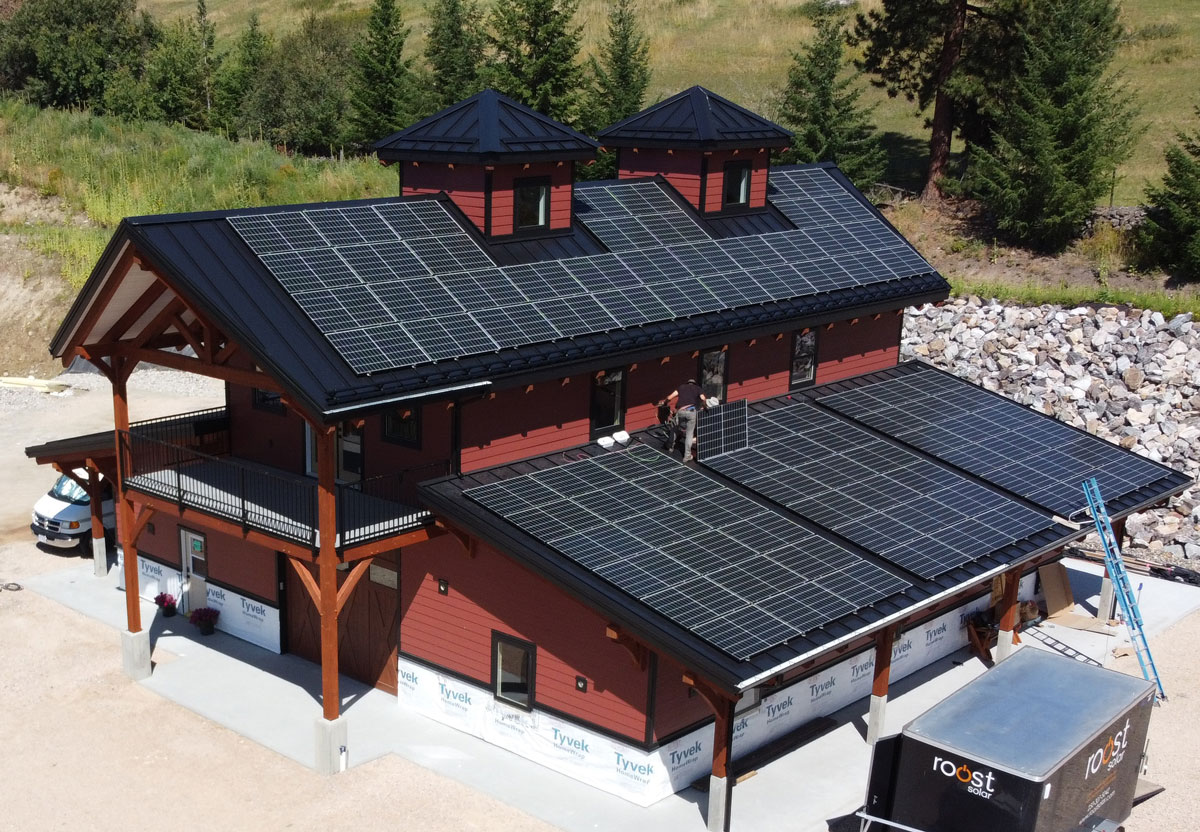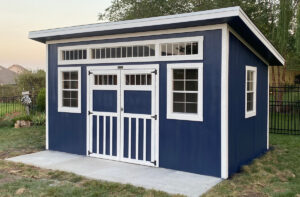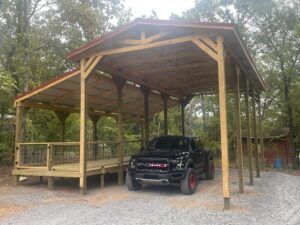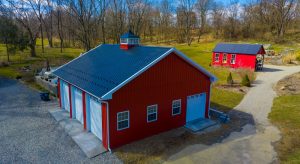By Linda Schmid
Solar installation has been encouraged for businesses and residences for several years. You have most likely seen more solar going in since the tax incentives began in 2022 when the Biden administration signed the Inflation Reduction Act into law, providing rebates for heat pumps, electric vehicles, and investments in solar energy.
One thing Cal Couillard, an engineer who owned an extrusion company, noticed was that there was nothing in this act for non-profits. Since they paid no income tax, tax rebates would do them no good. So when Couillard sold his business, he decided to invest the money he made into something good … he was going to help non-profits access solar energy so they could save money on energy and focus more money on their missions. The Couillard Solar Foundation (CSF) was created.
High-Quality Solar Products
The Foundation is a non-profit that sells solar panels and canopies. When Couillard began looking into solar panels, he realized he didn’t want just any panels; he wanted the best bang for the buck. He discovered that bi-facial panels are considered the premium panel because while one side of the panel is processing captured light, the other side is processing reflected light, increasing output 5% to 25%.
Solar Canopies
The next thing that Couillard realized was that people don’t necessarily understand bi-facial panels, so the engineer in him got to work and he developed the Couillard solar canopy. The solar canopy is an elegant solution for solar arrays. They are composed of bi-facial panels attached to beams; placed in rows and mounted on a wooden support, thereby creating a “roof-like” structure.
These canopies are perfect over pergolas, pavilions, and carports. They are designed to be attractive so that people don’t object to solar arrays on their property, and they’re doubly functional, providing energy and shelter, plus they are designed to be weather-proof.
Jackie Harrison-Jewell, Executive Director at Couillard Solar Foundation, said, “If there is a light rain with little wind, people or items sheltering under the canopy will stay dry. The patent pending canopy beams channel water or melted snow to the edge of the canopy and off. However, the structure doesn’t have walls, so there are no guarantees that a strong wind won’t blow the rain back under the canopy.”
These canopies are perfect over carports as plug-ins for electric vehicles can be attached to the post. They have great potential as product offerings for carport builders.
Foundation Gifts
The panels are purchased at wholesale costs and any profits are used to provide grants to non-profits in Wisconsin. Originally, the grants were issued in the form of cash to buy panels. However, the Foundation found that, since they were buying at wholesale prices in higher quantities, it made more sense to gift the panels. They will provide a non-profit with up to half the panels for their project and the non-profit comes up with the other half. They are not required to get the remainder of their panels at Couillard, but they usually do.
The Foundation has provided $2,129,080 in grants to schools, human services, senior/low income housing, community/sports/recreation, and animal service/conservation organizations.
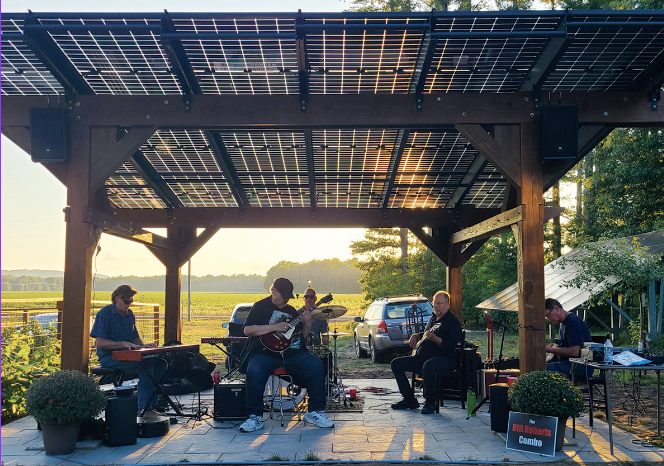
Current Solar Incentives
The federal tax credits for solar investment were supposed to end in 2022, but they have been extended at their original 30%. Now non-profits can benefit as well as businesses and residences. Non-profits get their incentive in the form of a check, called Direct Pay.
For residential customers, the benefits are multi-layered. Harrison-Jewell said, “Not only can homeowners receive the tax benefits of investing in solar, but if they put a canopy on a pergola, they have increased the value of their property without increasing their tax burden because solar is not reflected in property taxes.”
A Win/Win/WIN
Investment in solar energy helps with decarbonization of the air and can provide your customers with energy savings as well as tax credits. By purchasing solar panels from CSF for your jobs, you could help make solar energy more accessible for Wisconsin non-profits. Finally, bi-facial panels and solar arrays could be your next product line add-on. What if you are interested in these benefits, but are not based in or near Wisconsin?
“While Couillard Solar Foundation is a pretty unique organization,” Harrison-Jewell said, “there is a Solar On Schools organization in Minnesota.”
A new Solar For All program was recently introduced through the EPA, but the application process is nearly complete at the time of this article’s writing. However, since these grants are being dispersed to states and terrritories, it may be that projects in your area can apply. We found this program online: https://www.energy.gov/eere/funding/how-do-i-apply-eere-funding, which may be something your client can take advantage of. Other opportunities may be available at state or local levels.
If all else fails, there are similar organizations online offering to assist with creative financing solutions just like this one. GSCB


